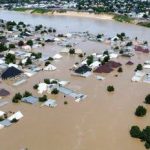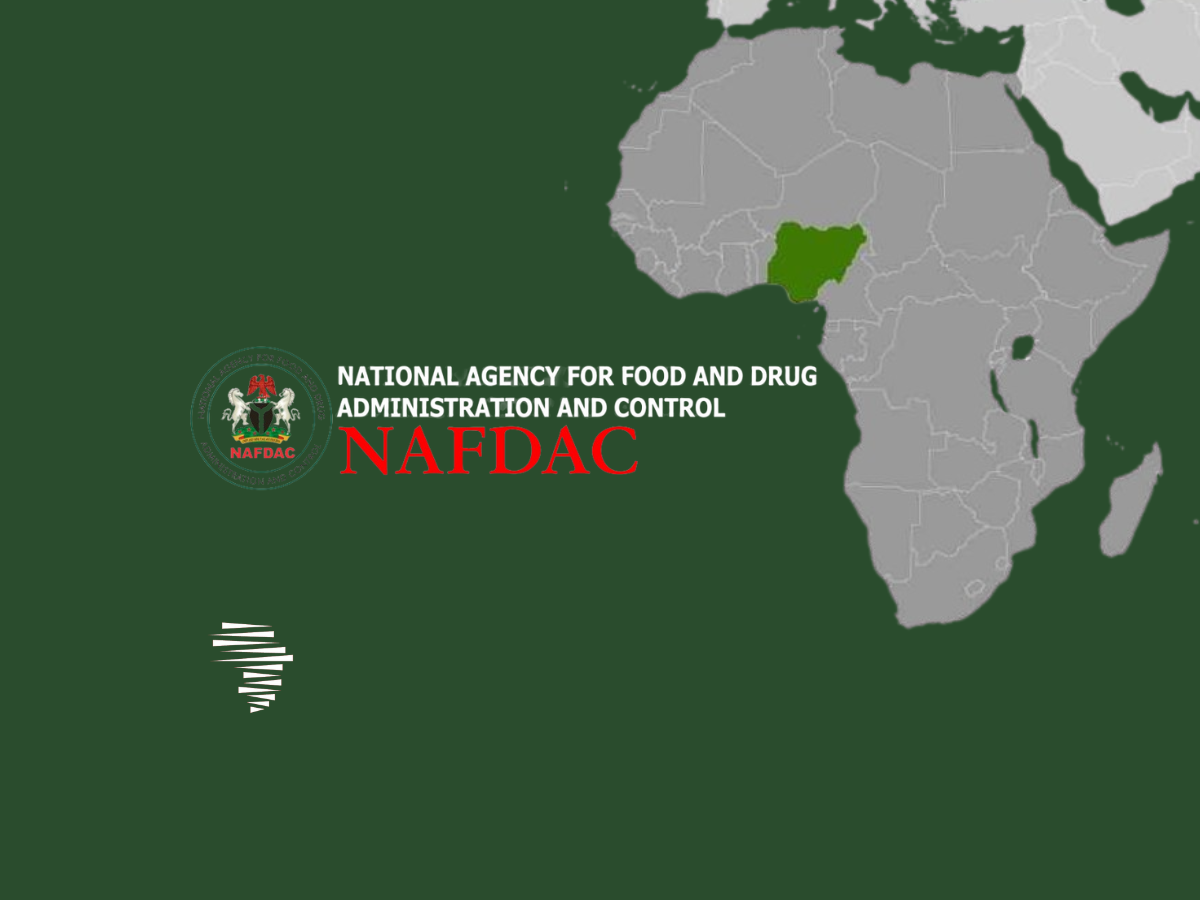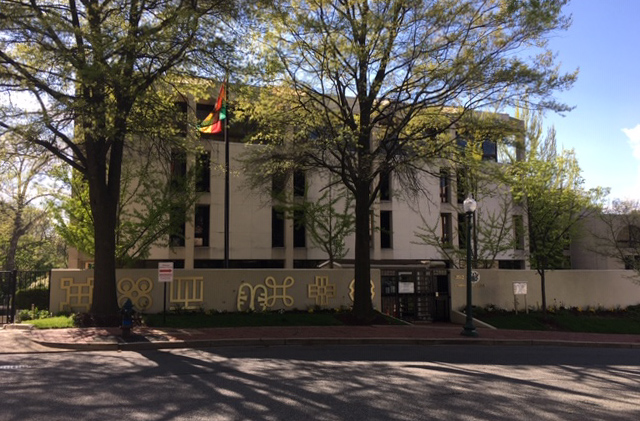
Fake products threaten any society with high demands for consumables or non-consumable goods amidst the scarcity of regularized products. They undermine the economy and legitimate businesses and pose serious risks to public health and safety. Therefore, governments and regulatory bodies need to take strict measures to combat counterfeit products. This includes implementing stronger laws and regulations, increasing enforcement efforts, and raising awareness among consumers. However, there’s a challenge to effectively identifying and penalizing those involved in the production and distribution of counterfeit products. Why? Weak institutions and corruption hinder progress in combating counterfeit products, saturating the Nigerian market.
In 2004, several old articles on Consumer Watch by P.M. News treated this issue as a major concern for the Nigerian government, and the market has only worsened over the years. The regulatory bodies, however, contribute to the problem by lacking the necessary resources and enforcement capabilities. A little search of “consumer watch” on Archivi would have your jaw dropped.
Issues
Counterfeit goods are a major problem in Nigeria, with organized crime playing a big role in the business. Nigeria is one of numerous African countries that have failed to protect intellectual property. The Nigerian market is inundated with low-quality counterfeit goods that closely resemble or are identical to genuine goods. As a result, many registered brands have lost money since phoney products are especially enticing to Nigerian consumers who cannot purchase genuine stuff. Products such as packaged meals, automotive components, footwear, apparel, and cosmetics are frequently counterfeited in Nigeria.
Counterfeit pharmaceuticals also pose a danger to public health. They can have serious consequences for individuals who unknowingly consume them, especially in Nigeria, a developing country with limited access to quality healthcare and regulatory systems. Antibiotics and drugs for treating malaria and pain are among the most frequently counterfeited.
Challenges
In Nigeria, the illicit trade of excise items, particularly across land borders, is also an issue. Because of porous borders, corruption, and the ineptitude of border management organizations, smuggling of commodities like cigarettes and alcoholic beverages is common. It is worth emphasizing that customs and immigration services’ securitized response has resulted in violence and instability in formerly quiet places. Furthermore, second-hand car smuggling happens across the border between Benin and Nigeria. Local communities do not consider this activity to be unlawful because it has long been a vital source of income for many individuals. However, it poses significant challenges for law enforcement agencies trying to maintain order and control in the region.
The first step to solving a problem is realizing there’s one, the second best step is to proffer solutions and implementation is key to avoiding circling back on reoccurrence.
Solution(s) to Fake Products in Nigeria
As much as this publication addresses the reoccurring problem, it is important to have a determined society willing to demand the regulatory bodies enact strict policies that tackle fake products and government cooperation in enforcing the rule of law that penalizes the push for criminal actors enabling the supply that meets the mixed market trading that Nigeria currently practice. Nonetheless, the role of leadership and governance can not be overemphasized as a crucial bedrock to implementation. This is a war on fake/counterfeit products.
Read: Netflix’s Festive Treats: A Diverse Mix of Laughter, Love, and Otherworldly Adventures
About The Author
Mayowa Durosinmi
author
M. Durosinmi is a West Africa Weekly investigative reporter covering Politics, Human Rights, Health, and Security in West Africa and the Sahel Region
Mayowa Durosinmi
M. Durosinmi is a West Africa Weekly investigative reporter covering Politics, Human Rights, Health, and Security in West Africa and the Sahel Region
Related Articles
Cotê D’Ivoire: Thousands Rally in Abidjan as Opposition Demands Electoral Reforms Ahead of October Election
Thousands of opposition supporters gathered in Abidjan on Saturday, May 31, to...
ByJoy ChukwuJune 1, 2025Togo Stops Issuing Mining Permits to Reform Outdated Mining Code
Togo has suspended the issuance of new mining permits for prospecting and...
ByJoy ChukwuJune 1, 2025ICYMI: Ghana Shuts Down Washington Embassy Over Visa Fraud Scandal
Ghana has temporarily closed its embassy in Washington, D.C., following the uncovering...
ByJoy ChukwuMay 31, 2025Confederation of Sahel States Moves to Establish Joint Judicial Body
The Confederation of Sahel States (CSS), comprising Mali, Niger, and Burkina Faso,...
ByJoy ChukwuMay 31, 2025













Leave a comment